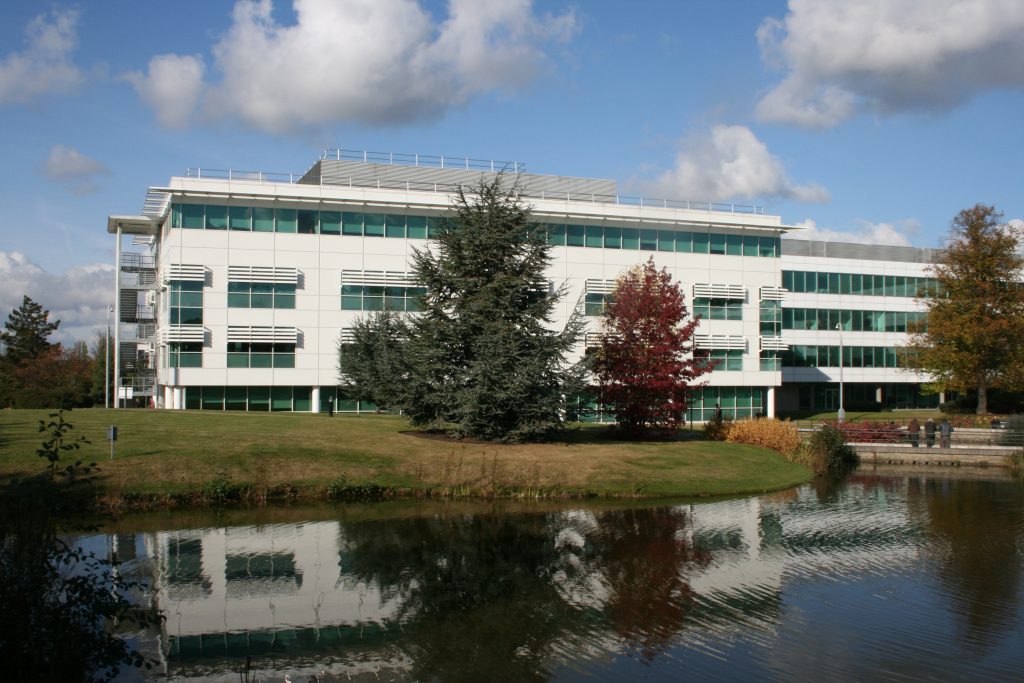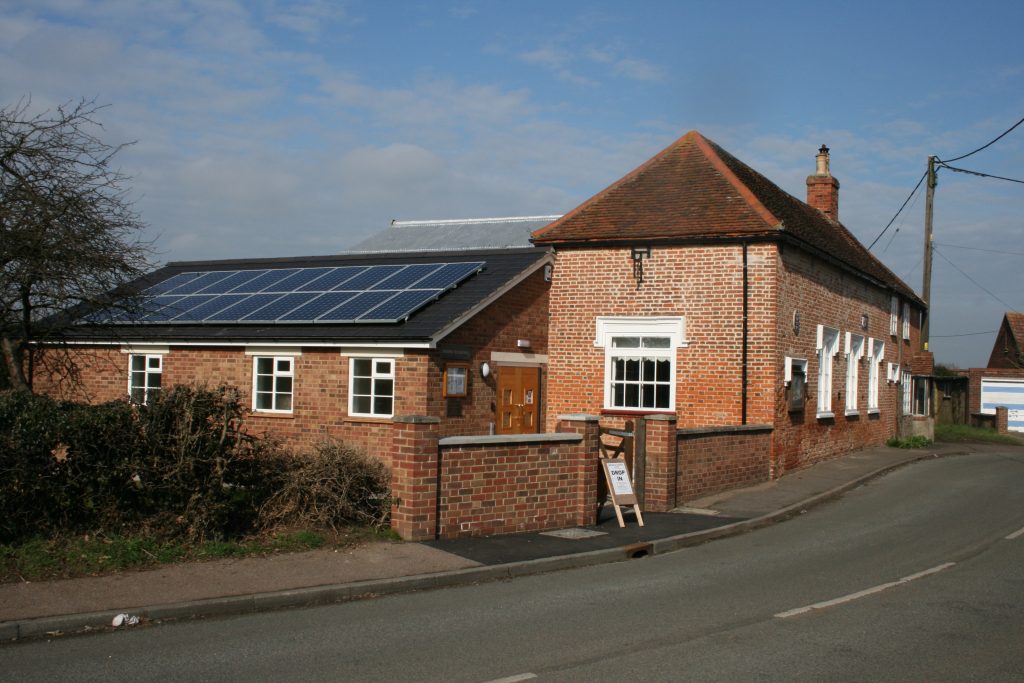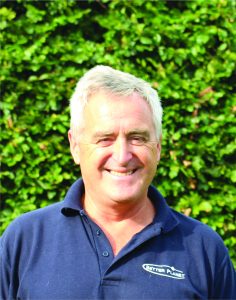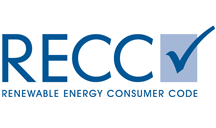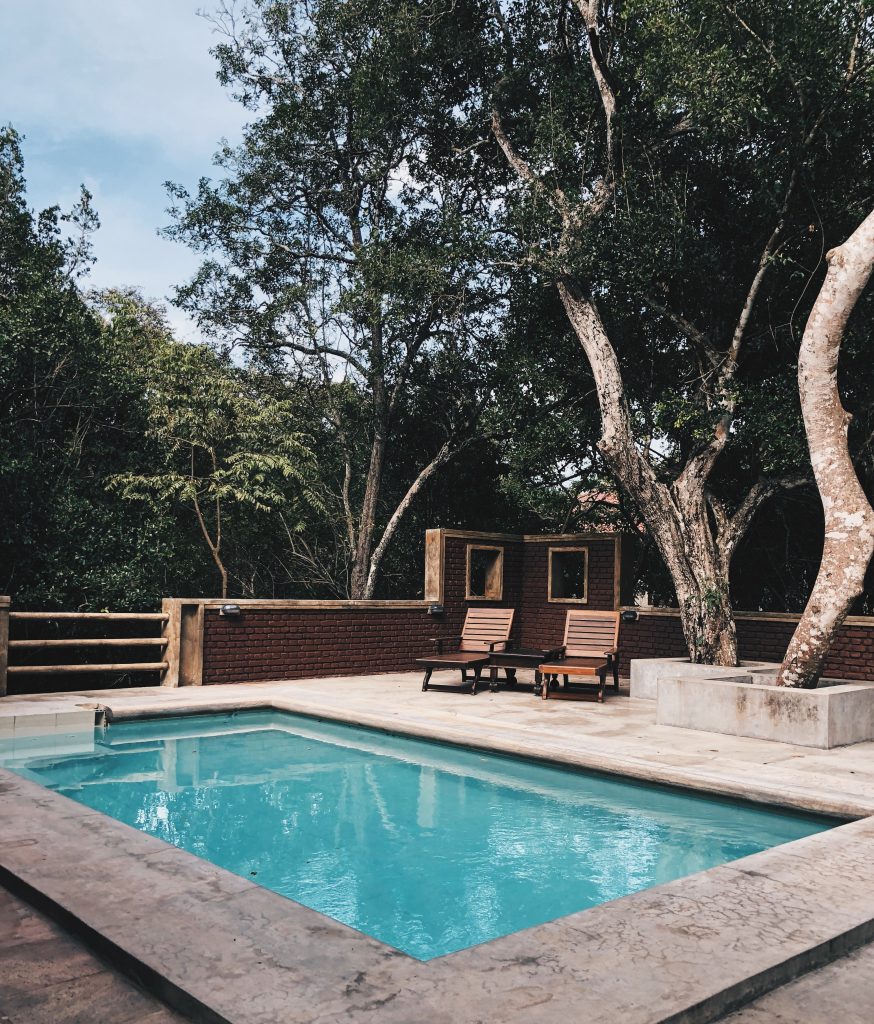
Swimming Pools
Outdoor and indoor swimming pools with air source
Air source heat pumps do space heating and hot water can also be used to heat swimming pools. For outdoor pools used in the summer, there is usually no need to increase the size of the system as there is no simultaneous need for space heating and pool heating.
Indoor swimming pools with ground source
Indoor swimming pools used the whole year can be heated with ground source heat pumps. The heating power requirements of the pool must be added to the requirements for space heating and hot water when specifying the size of the heat pump and the ground collector. Passive cooling is great for heat pump systems used for pool heating as the ground heat is replenished in the summer.
Outdoor swimming pools with ground source
Outdoor pools used in the summer can usually be added to the system without increasing the size of the heat pump as there is no simultaneous need for space heating and pool heating. However, the ground collector needs to be increased unless the system is also doing cooling.
Underfloor Heating
One point of responsibility
Most of our clients who instruct us to install a heat pump also use us for the underfloor heating installation.
By sourcing the heat source and heating distribution from one company, there will never be any discussion on where responsibility lies in case of a problem.
Expertise in design
Better Planet has a long experience when it comes to designing underfloor heating systems that operate efficiently with heat pumps. With heat pumps, it is imperative to design any heating distribution to operate at consistently low temperatures.
The underfloor pipes can be used to distribute cooling in the summer.
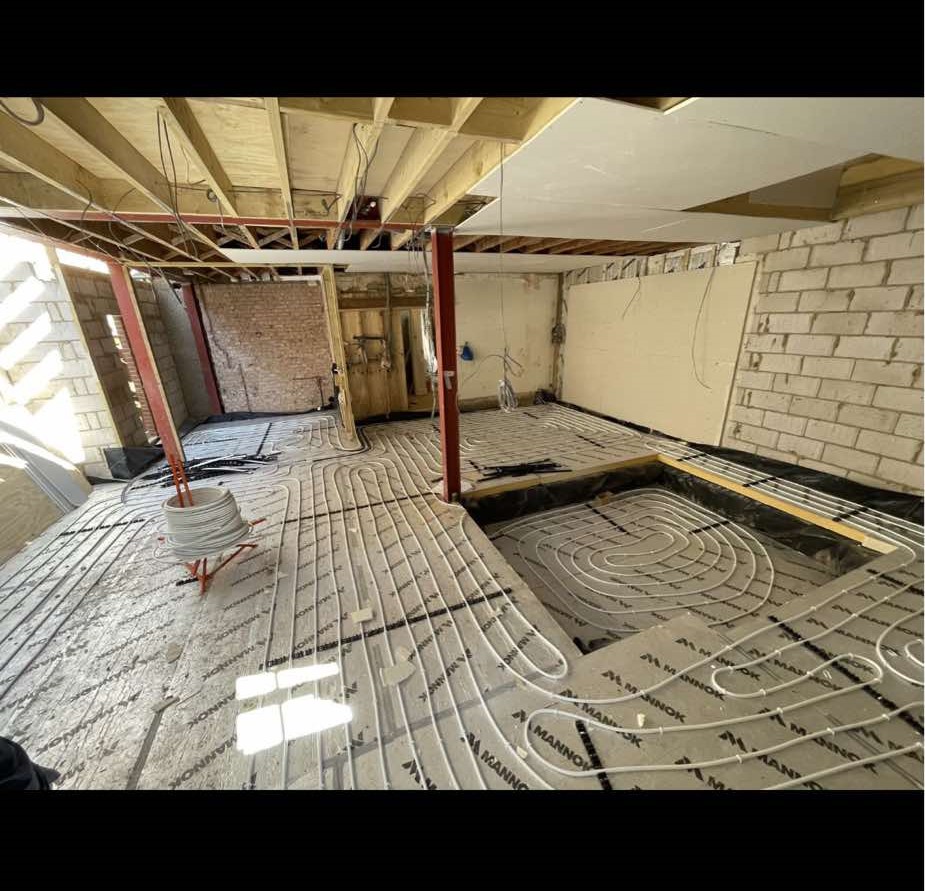
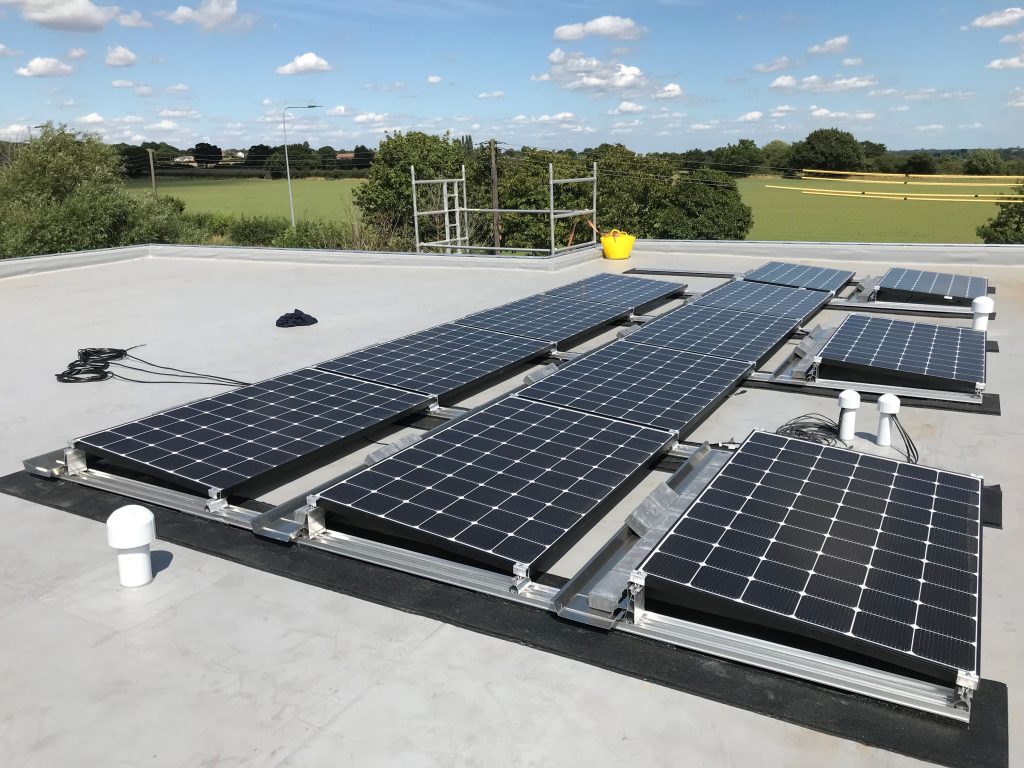
Solar PV
Heat pump/PV optimiser
Nibe heat pumps can be fitted with a device that increases the set temperature for hot water and the space heating buffer tank when the PV system generates more electricity than required by other appliances.
Effectively, the buffer tank and hot water cylinder are used as thermal stores and more generated electricity can be used on-site rather than be lost to export to the grid.
Immersion heater controller
All our hot water cylinders come with an immersion heater. The solar PV system can be fitted with an immersion heater controller. When the controller detects that electricity is exported to the grid, it diverts the electricity to the immersion heater. In such a way, most of the domestic hot water can be produced with electricity from the PV in the summer.
MVHR
Exhaust air/brine exchanger
Nibe, the heat pump manufacturer we use for most of our installations, provides an FLM unit that sits on top of the heat pump. This unit heat exchanges the exhaust air about to leave the building against the brine (the heat transfer fluid in the ground collector).
This increases the temperature of the brine, making the ground source heat pump more efficient.
Control
In many of our projects, we use MVHR units from Nibe making it possible to control and monitor the MVHR system in the heat pump control.
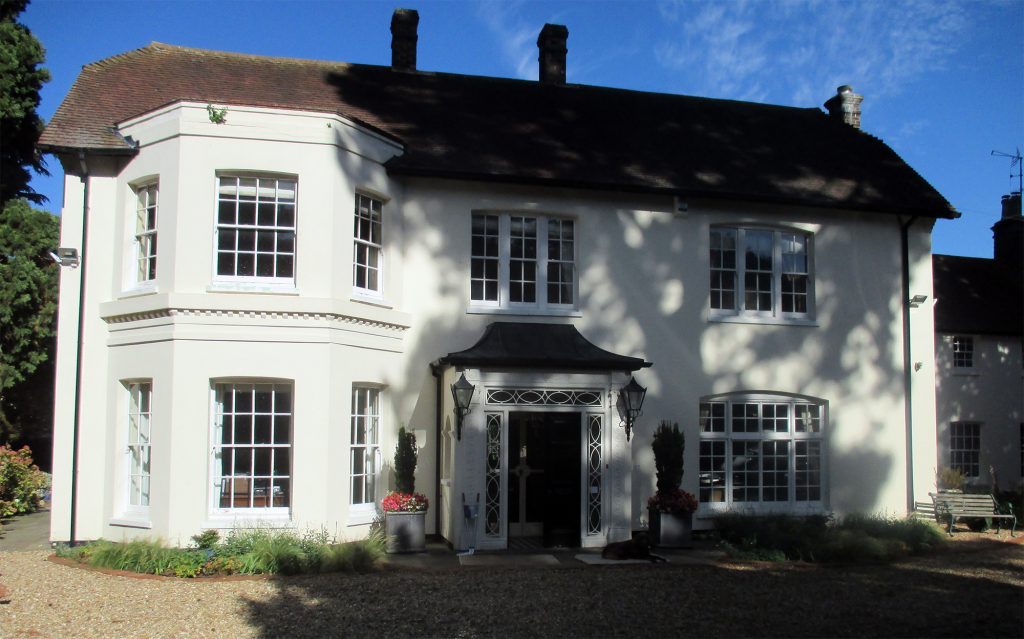
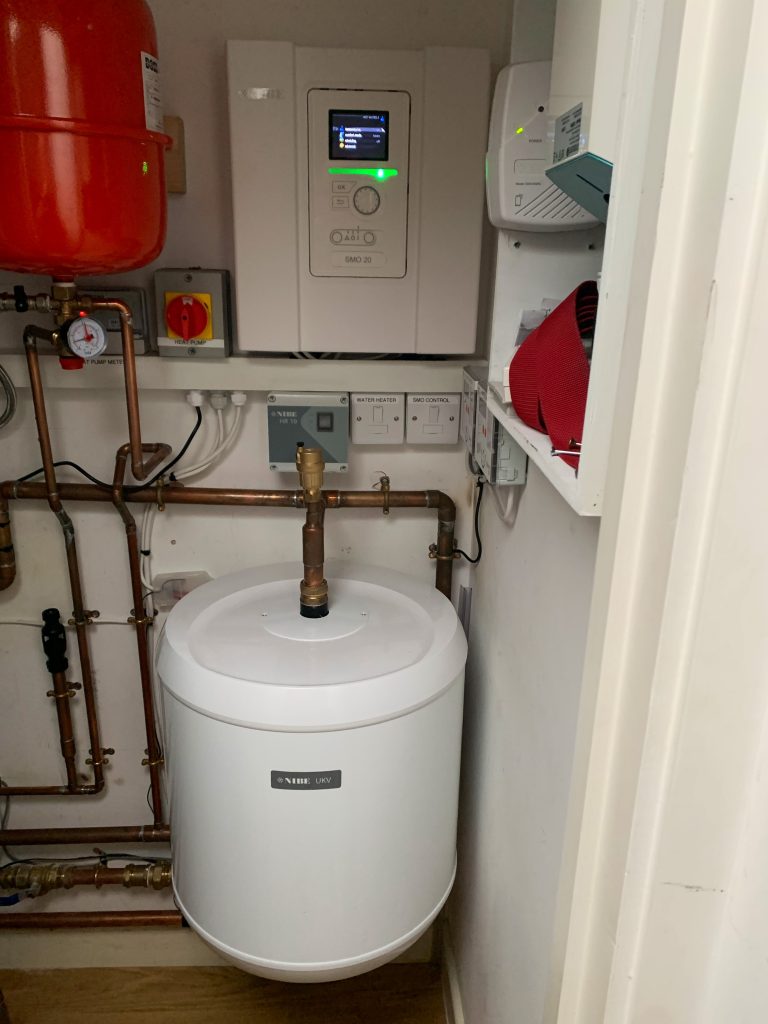
Multi Source
Ground- and Air source
Air is usually a more powerful energy source than ground when the air temperature exceeds 7°C. An air collector is hydraulically connected to the ground collector of a ground source heat pump. The brine is circulated through the air collector when the outdoor temperature exceeds a set threshold.
Ground- and Solar source
Solar PV panels are fitted with plastic collectors on the back of the panels hydraulically connected to the ground collector. The heat transfer fluid starts circulating above a set outdoor temperature, increasing the efficiency of both the heat pump and the solar panels.
Ground- and Process source
Energy from various processes can be used to increase the temperature of the brine (the heat transfer liquid in the ground loop). Better Planet has a lot of experience in doing this, for instance by extracting heat from exhaust air in pig farms.
Battery Storage
Using PV panels
Solar PV is a better complement to heat pumps with a battery storage solution as it makes the electricity generated by the PV available during the night and mornings when a lot of heating is required.
Using night tariffs
If cheaper electricity is available during the night, it can be stored in the battery and contribute to heating the following day.
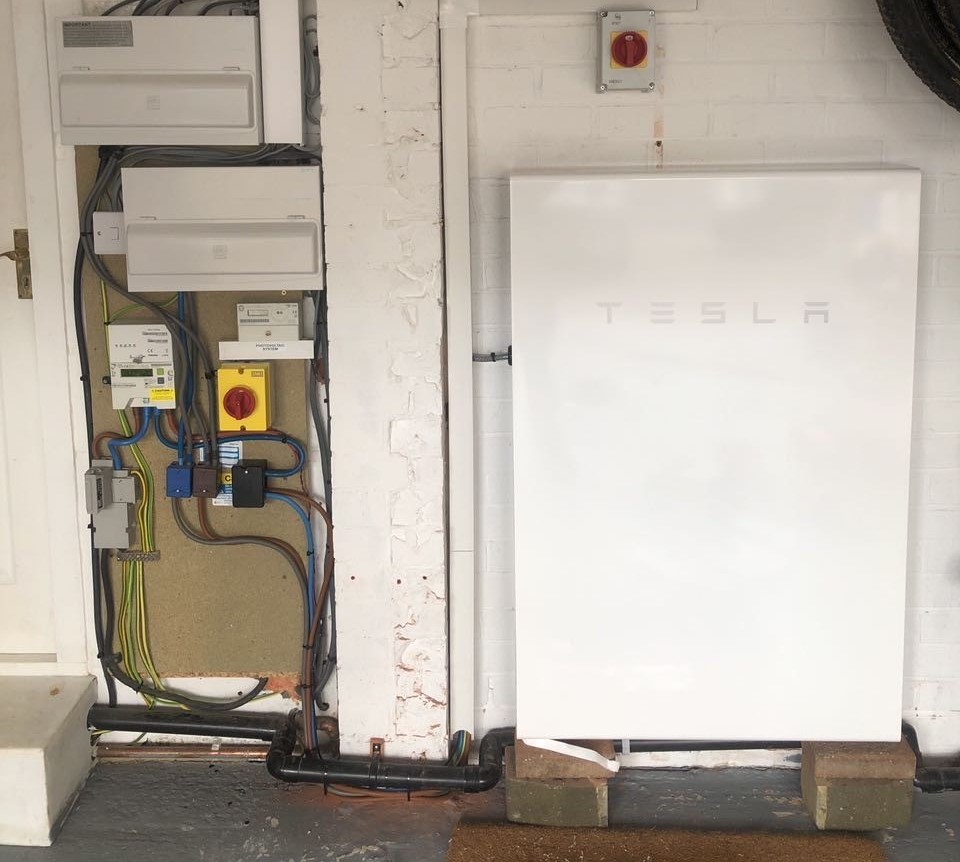
Cooling
Passive cooling with ground source
Passive cooling means that the heat transfer fluid in the ground collector is heat-exchanged against the heat transfer fluid in the heating distribution system without running the heat pump compressor. This works best with boreholes. With horizontal loops, the cooling power can decrease towards the end of the summer as the ground warms up. The cooling is usually distributed through underfloor pipes, but can also be distributed by ceiling panels.
Active cooling with ground source
Active cooling means that the heat pump compressor is working to cool down a heat transfer liquid which is stored in a cold buffer tank, kept at a temperature around 7°C. The cooling is usually distributed by fan coil units or ceiling panels.
Active cooling with air source
The compressor in the heat pump is running in reverse, cooling down a heat transfer liquid. The cooling can be distributed through underfloor heating pipes and ceiling panels without using a buffer tank. If the cooling is distributed by fan coil units, a buffer tank is required. When an air source heat pump is set up to do cooling for dwellings, it is not a permitted development, and planning is usually required.
